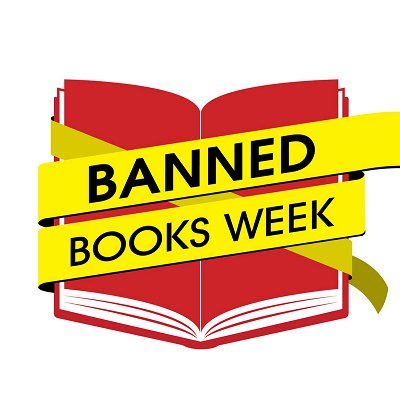"Er is wieder da" (English: "Look Who's Back" or "He is Back Again") is a popular 2015 German political comedy film about what would happen if Adolf Hitler were to come alive again in modern day Germany. This is a very popular film in Germany, even being up for selection for a Best Foreign Film nomination at our Academy Awards. But this was one of Germany's first ever comedic portrayals of Adolf Hitler, and it did not come without criticism.

Watch the trailer here, and note your feelings while watching: https://www.youtube.com/watch?v=6Q_oh9wrJv0
Did you find this scene funny? Did it feel strange, seeing such a serious portrayal of Hitler in a comedic form? (Don't feel guilty if you do - I found it hilarious the first time around.)
The film begins as purely a comedy - making light of Hitler in situations he is not familiar with. However, as the film continues, things gradually take a turn for worse. Real, non-actor Germans are interviewed and asked questions about whether they would support this "fake" Hitler, some of them agreeing with his actions, others laughing off his actions because he isn't "real."
This continues until a scene around the midpoint of the film, where there is a particularly troubling scene occurs when Hitler is seen interacting with a small, playful dog. (NOTE/Trigger warning: This scene doesn't include gore, but it can easily be disturbing. Though it is, of course, fake, Hitler's character is seen "shooting" a dog and there is a gun shown and a gunshot heard. Many people find this moment comedic, and it is portrayed as such, but if you're sensitive or simply do not like violence like this, please be warned or do not watch.)
From this point on, the comedy takes a dark turn, up until the climax at the end, which makes a political statement: history can very easily repeat itself. I would highly, highly recommend this film (watch if you're bored during the quarantine!), though it is quite heavy at the end (thought-provoking), but I believe it is very relevant to our world today.
For the second half of my blog post, I want to try something different. Think about what would happen if something like this was made in the United States, and this was a big production. Possibly an actor you know of is in the lead role, and there is decent publicity about this movie. But this movie is about what would happen in Cristopher Columbus came back to life in the modern-day United States and began turning people against Native Americans and possibly even other minorities, as well. This film is viewed as a comedy, and though there is a good amount of political commentary throughout the film, there is a distinct comedic tone and there are interviews included from real people who are speaking publicly about their possibly racist views. What do you think the reception would be like? Would it cause protests? Or would people push it under the rug, dismissing it as art, or simply a dark comedy piece?
In addition to comments about this scenario, how did you feel watching the trailer scene from "Er is wieder da?" Did you find this comedic? How do you think this film was received in Germany? If you viewed it, what about the dog scene? Did you find this scene comedic in comparison, or did something feel wrong to you about it? Why?
Lastly, do you think this film would be received differently without the political twist to it?





